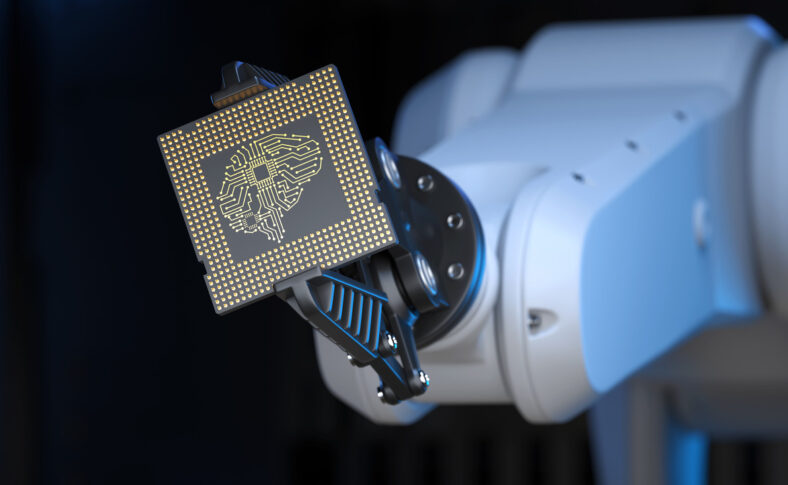The idea of artificial intelligence (AI) has been around for centuries, but it has taken on a whole new level of relevance in recent years. With the advent of powerful computers and the ubiquity of digital technology, the potential applications of AI are endless. AI is changing the face of computing, offering new possibilities for automation and problem-solving. From automating mundane tasks to streamlining complex processes, AI promises to revolutionize the way we use computers.
With this capability comes a great deal of responsibility, however, as AI can be used for good or for ill. From autonomous vehicles to virtual customer service agents, this blog post will explore the implications of the future of AI and consider the ethical and security considerations associated with its use. We will assess the potential impacts of the rise of AI on our lives and its implications for the future of computing.
Increased Automation
One of the most significant impacts of AI on computing is increased automation. As AI algorithms become more sophisticated, they can perform more complex tasks with greater efficiency than humans. This means that many jobs that were once done by humans, such as data entry or customer service, can now be automated with AI. This will free up human workers to focus on more creative and strategic tasks, leading to greater productivity and innovation.
Personalization
Another major area where AI is changing computing is personalization. AI algorithms can analyze vast amounts of data about individual users, such as their browsing history, search queries, and social media activity, to create highly personalized experiences. That means search for things like Vegas hookup or for hookups near you will get much easier and instantaneous. This could include personalized product recommendations, targeted advertising, or customized news feeds. This level of personalization is not possible with traditional computing methods and is likely to become increasingly important as consumers seek more tailored experiences.
Improved Decision Making
AI is also changing the face of computing by improving decision-making processes. AI algorithms can analyze complex data sets and provide insights that would be impossible for humans to discern. This can be particularly valuable in fields such as healthcare, finance, and logistics, where decisions have high stakes and significant consequences. By providing more accurate and timely information, AI can help organizations make better decisions, reduce risk, and improve outcomes.
Enhanced Creativity
Another exciting area where AI is changing computing is in the realm of creativity. AI algorithms can be trained to generate new ideas, music, art, and even writing. This could have significant implications for industries such as entertainment and advertising, where creativity is highly valued. Some experts predict that AI-generated content could eventually become indistinguishable from human-generated content, leading to new forms of art and entertainment.
Improved Efficiency
Finally, AI is set to improve efficiency in a wide range of industries. By automating routine tasks, analyzing data more quickly, and optimizing processes, AI can help organizations become more efficient and productive. This could lead to significant cost savings and increased profitability, as well as improved outcomes for customers and stakeholders.
Conclusion
AI is set to transform the face of computing in the years ahead. From increased automation and personalization to improved decision-making and creativity, the potential applications of AI are vast and varied. While there are concerns about the impact of AI on jobs and society, undoubtedly, AI will play an increasingly vital role in shaping the future of computing. As AI continues to advance, it will be important for businesses and individuals alike to stay informed about the latest developments and adapt to the changing landscape of computing.


